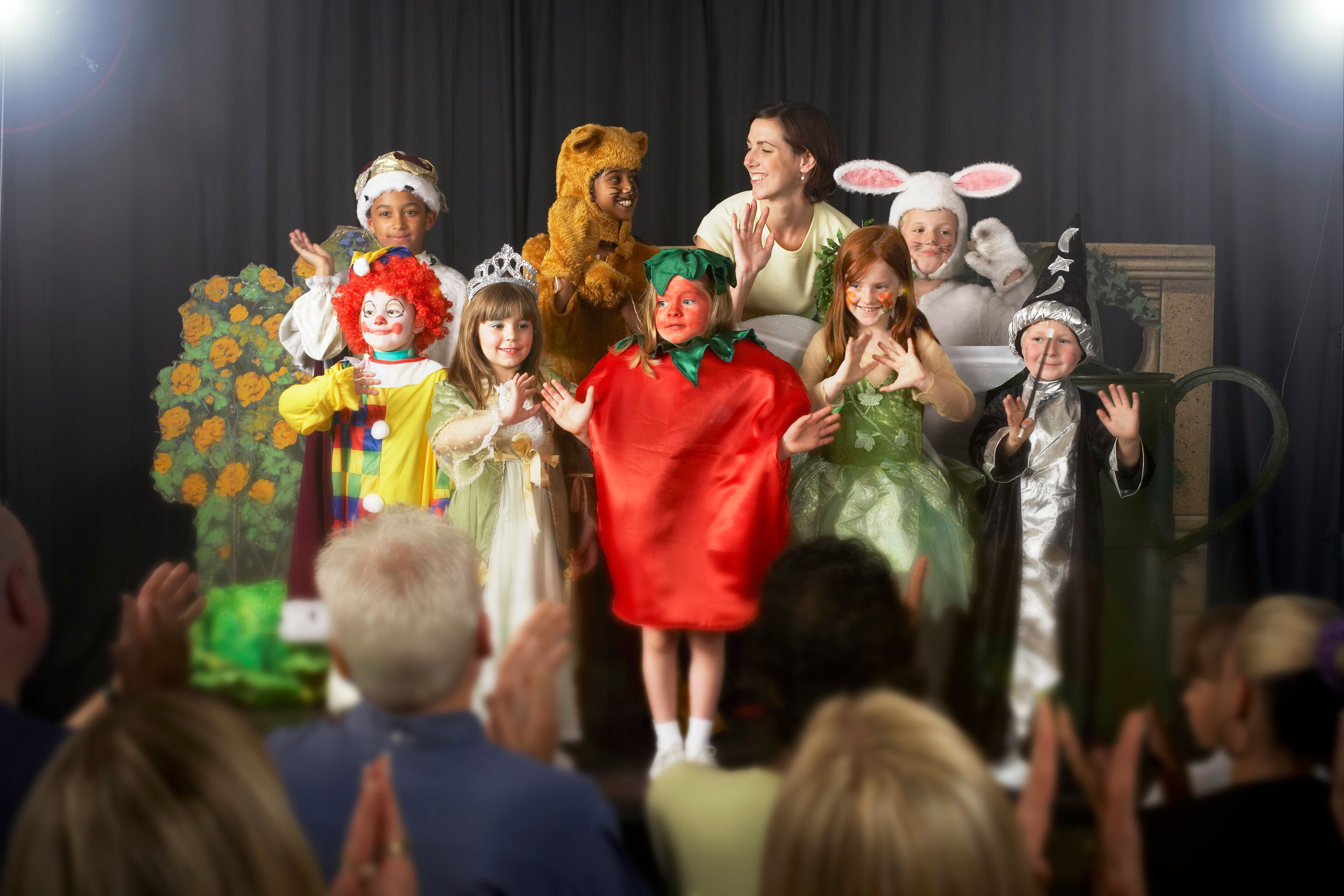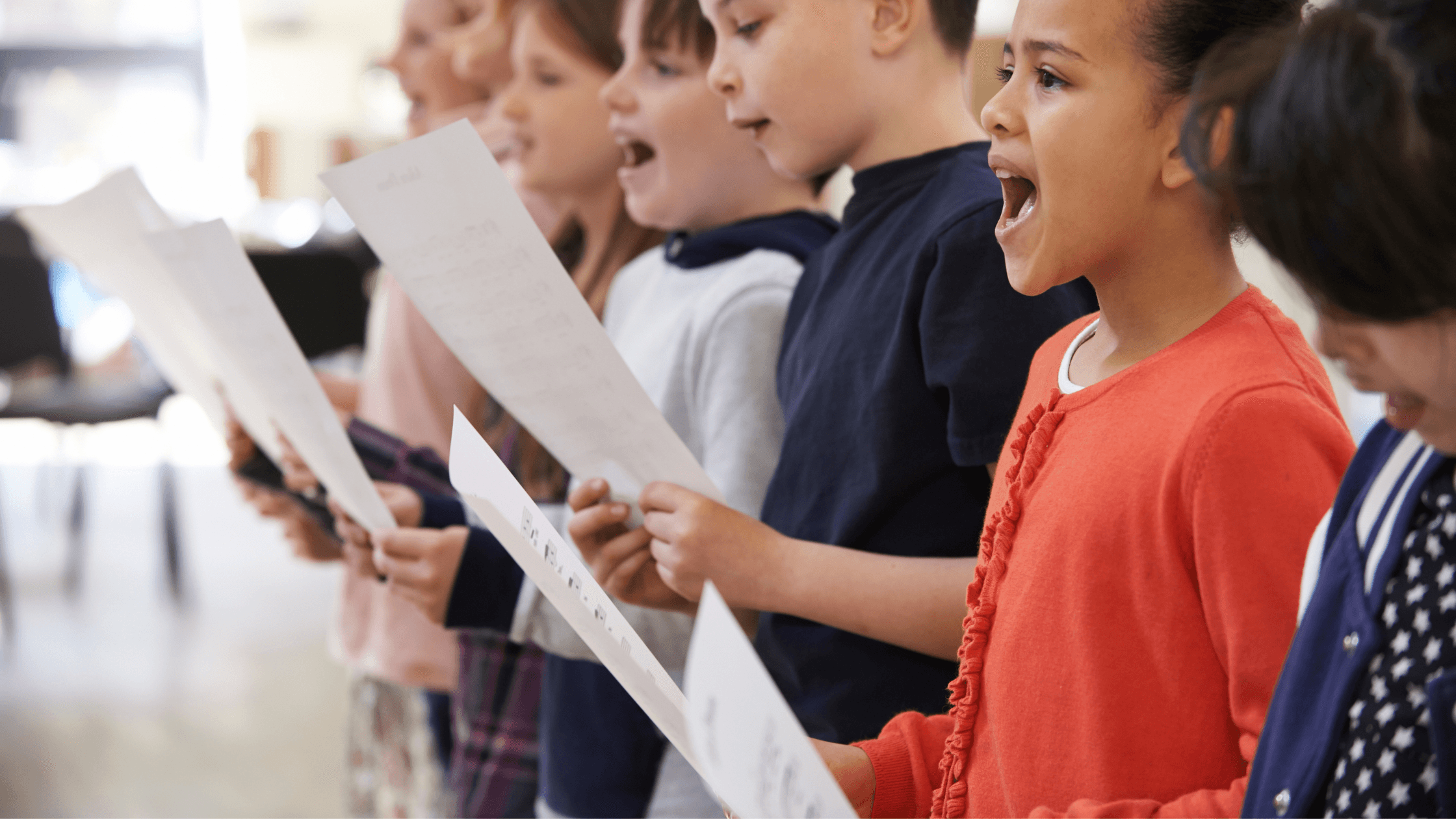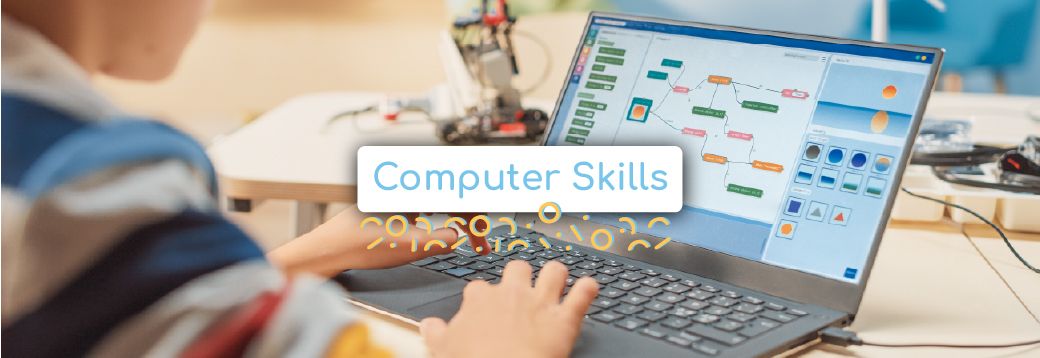Have you noticed your child has a tiny bit of a flair for the dramatic? Do they ask constant questions about how movies and TV shows are made? You might have a budding actor on your hands, but only when you allow them to put time and energy into developing their talents will they fully blossom.
Acting is just one part in the larger process of creating television, theater, and film productions. So, if your child has an interest in television, film, or theater but they shy away from the spotlight, never fear. There’s still a lot to gain by exposing them to these mediums, as they could also bloom into future set designers, technicians, and directors!
If your child doesn’t mind being the center of attention, though, it might be time to start looking for acting lessons for kids near you! But this comes with a lot of challenges and questions. That’s why we’ve created this handy guide to acting for kids.
In this article, we’ll take you by the hand and walk you through all the reasons why allowing your child to pursue their acting passion is super worthwhile. Then we’ll help you prepare your child for their first acting lesson and inform you on what you can do to help make their acting training as beneficial as it can possibly be.
What are the Benefits of Acting Lessons for Kids?
Acting is an activity that engages not only emotional and social skills but also develops better cognitive processing and connects the mind and body.
Read on to discover the ways acting can help your child grow emotionally, socially, mentally, and physically.
Cognitive Benefits of Acting Lessons for Kids
Acting can help your child succeed in school! How? One of the key aspects in acting is learning to listen carefully to the director and follow instructions. This improves kids’ focus and ability to absorb information from teachers, parents, and mentors.
Another way acting keeps the brain sharp is by requiring kids to learn memorization and study techniques to learn lines. These activities not only keep the brain healthy and growing but also help kids develop study skills and a work ethic that will serve them in future academic endeavors.
Finally, acting stimulates imagination and creativity. Learning to think outside the box and be creative will give your child a leg up in their future academics and career.
Physical Benefits of Acting Lessons for Kids
Acting promotes mindfulness of the body. By learning how body language can be changed to communicate different emotions and character traits, kids develop a mind-body connection that is otherwise developed from activities like yoga and meditation. They learn to be mentally aware of their bodies and the sensations within, which is a key mindfulness technique for healthy living!
Acting can also get kids up and moving! Although it’s not necessarily a cardio workout, acting involves being on one’s feet a lot, often walking through the blocking of a scene many times to learn it by heart. It’s not a sedentary activity by a long shot. It’s an active, high-energy pastime that keeps your kids off the couch and on the balls of their feet!
Emotional and Social Benefits of Acting Lessons for Kids
Acting explores the human condition. One of the top lessons we can learn from acting is that all humanity shares the same emotions. Your child will develop empathy skills by putting themselves in another’s shoes for a while. This will teach them to be considerate and live by “The Golden Rule”.
Furthermore, acting teaches kids, especially toddlers and preschoolers, how to categorize, identify, and anticipate emotions in themselves and others. This is an important developmental milestone that allows your child to navigate social situations.
Kids can also develop their social skills through acting by learning to watch and observe the body language and emotional affect of others and react accordingly. Re-enacting social scenarios creates a guide to interaction for young kids who are still learning to conduct themselves in public.
As your child moves past their fear of performing in front of others, they’ll be more likely to develop high levels of confidence and self-esteem. They’ll be less afraid of taking risks and putting themselves in the public eye, which will allow them to achieve more!
When is My Child Ready for Acting Lessons?
Long story short, if your child can follow directions, they can act. They don’t even need to be of reading age, as many acting exercises for toddlers and other young kids don’t require the memorization of lines. Theaters, conservatories, and private teachers may offer acting lessons, or at least preparatory curricula, to kids as young as 3 or 4 years old!
Questions to Ask Before Selecting Acting Lessons for Your Child
What’s the structure of the program? Day Camp? Workshop? Weekly Class? After-School Care? What kind of program can your child commit to? How long can they focus and separate from you? If it’s all day, is lunch provided?
What ages is the program intended for?
What equipment or supplies, if any, are you expected to provide?
What are the credentials of the instructors?
What method or style of acting is taught?
Will there be a final performance? If so, when, where, and are you expected to buy tickets?
Is the program filled first-come-first-served or by audition? If by audition, what will your child need to prepare for the audition?
Is the program tuition within your budget?
Is there a possibility for advancement? Meaning: is there a “next level” to the program your child can age up into?
Are any theaters or universities affiliated with the program? Do they provide additional opportunities to student actors?
We hope this guide to acting lessons for kids has kept you abreast of the benefits acting has for young kids, as well as helping you to choose an acting class for your child! For more reasons why your child’s passion rocks, keep following the Wondrfly blog!
Looking for kids’ acting classes, or any kids’ activity program in Hoboken and/or Jersey City? Why not search Wondrfly today?



